How to Prepare for UPPCS Exam 2025 Without Coaching
The UPPCS (Uttar Pradesh Combined State/Upper Subordinate Services) Exam 2025 is one of the most prestigious state-level civil service examinations. Every year, lakhs of aspirants apply for this exam, but only a few hundred make it to the final merit list. Many aspirants believe that coaching is necessary to crack this exam. However, with the right strategy, discipline, and resources, you can clear UPPCS without coaching.
This guide provides a complete roadmap for self-study – from Prelims to Mains and Interview – to help you prepare effectively at home.
Before making a study plan, you must know the structure of the exam:
Paper 1: General Studies I – 150 marks
Paper 2: General Studies II (CSAT, qualifying) – 100 marks
General Hindi – 150 marks
Essay – 150 marks
General Studies I – 200 marks
General Studies II – 200 marks
General Studies III – 200 marks
General Studies IV – 200 marks
Optional Subject Paper I – 200 marks
Optional Subject Paper II – 200 marks
100 marks
Total: 1500 marks (Mains + Interview)
NCERTs (6–12) – History, Geography, Polity, Economy, Environment
Indian Polity – M. Laxmikanth
Modern History – Spectrum (Rajiv Ahir)
Ancient & Medieval History – R.S. Sharma, Satish Chandra
Geography – G.C. Leong + Atlas (Oxford/Orient BlackSwan)
Indian Economy – Ramesh Singh + Budget & Economic Survey
Environment – Shankar IAS book
Science & Tech – NCERTs + Current Affairs
Current Affairs – The Hindu / Indian Express + Monthly Magazines (Vision/Drishti)
Uttar Pradesh Special – UP GK by Arihant / Lucent’s Uttar Pradesh GK
Previous Year Papers
Vision/Drishti Essay Compilations
Daily practice of answer writing
3 hrs – GS subjects (Polity, History, Geography, Economy)
2 hrs – Optional subject
1 hr – Current affairs (newspaper + notes)
1 hr – Revision / MCQ practice
Weekly – Write at least 1 essay and 2–3 answers
Solve PYQs (Previous Year Questions) of last 10 years.
Practice mock tests regularly.
Revise multiple times.
Work on accuracy + time management.
Give equal importance to UP-specific GK.
Start answer writing practice early.
Make short notes for every topic.
Link answers with current affairs and UP-specific examples.
Practice essays on trending topics (e.g., Women Empowerment, Digital India, Sustainable Development).
Hindi paper is compulsory – practice grammar and precise writing.
Overlap with GS papers
Availability of books & resources
Interest and graduation background
Choose an optional subject based on:
Make notes and practice previous year optional papers.
Read The Hindu / Indian Express daily.
Focus on UP state-related news (Schemes, Policies, Government Reports).
Follow monthly current affairs magazines.
Make digital or handwritten notes for revision.
Join online mock test series for Prelims & Mains.
Write full-length tests in exam conditions.
Evaluate yourself critically and work on weak areas.
Read newspapers daily for opinion-based topics.
Practice self-introduction, hobbies, and current affairs questions.
Stay updated with UP Government schemes & local issues.
Practice mock interviews with friends or mentors.
Reading too many books without revision.
Ignoring answer writing practice.
Not covering UP-specific GK.
Over-dependence on current affairs without conceptual clarity.
Skipping CSAT practice (many fail in qualifying paper).

Lakshya IAS
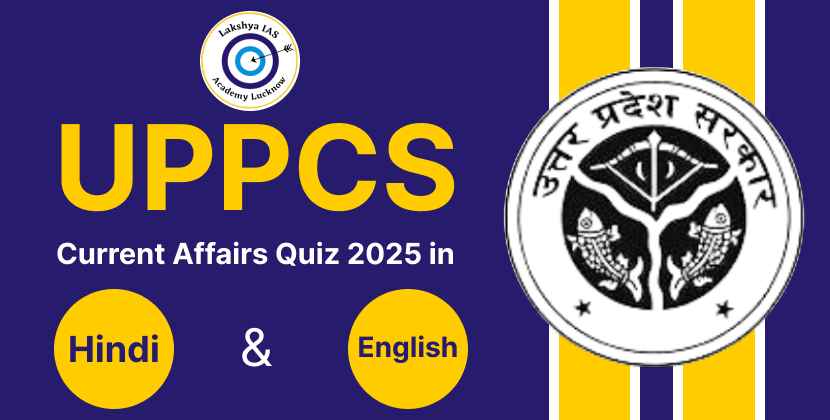
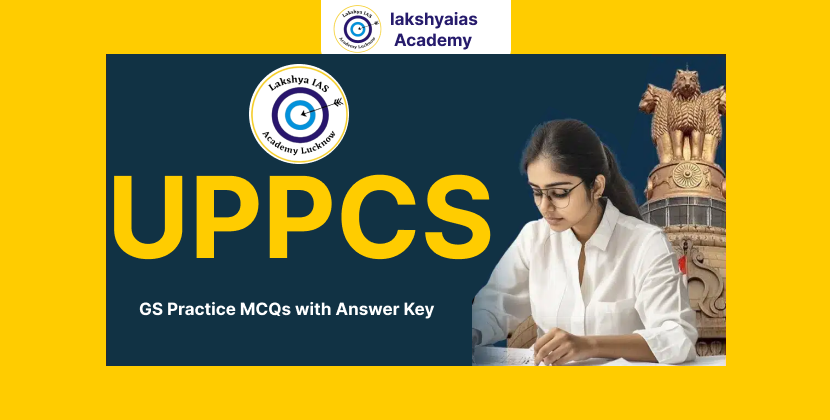
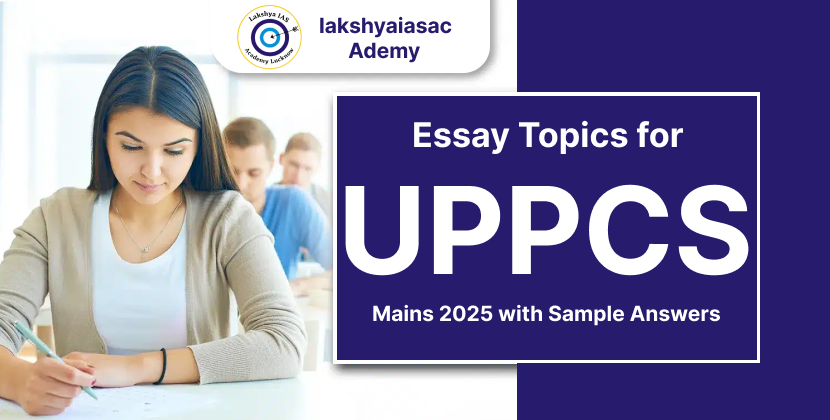
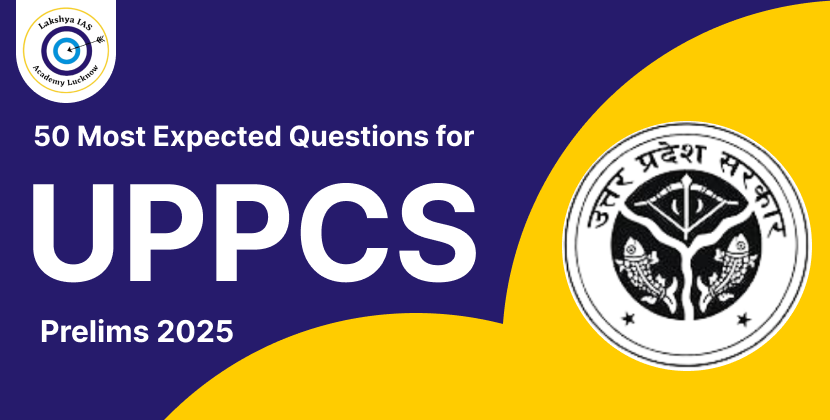
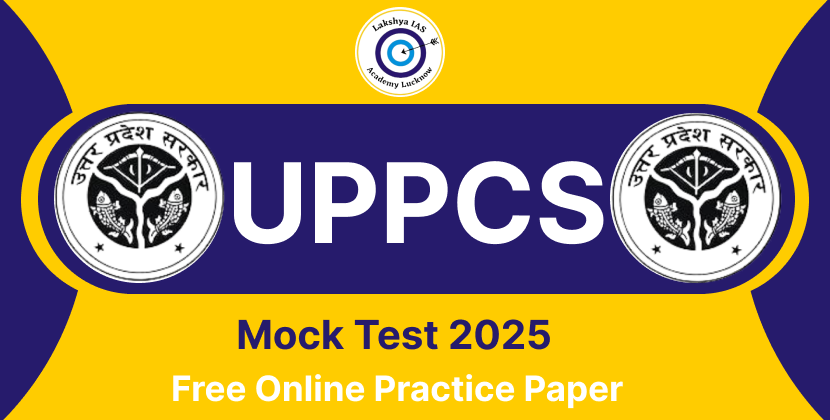
.png)
.png)
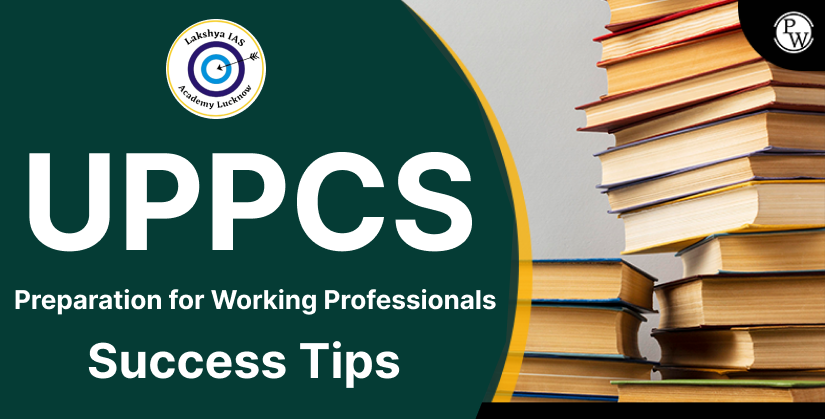
.png)
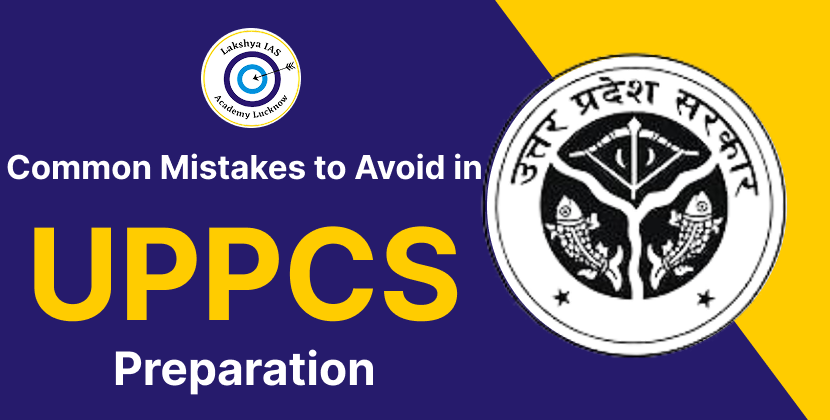
Leave a Comment